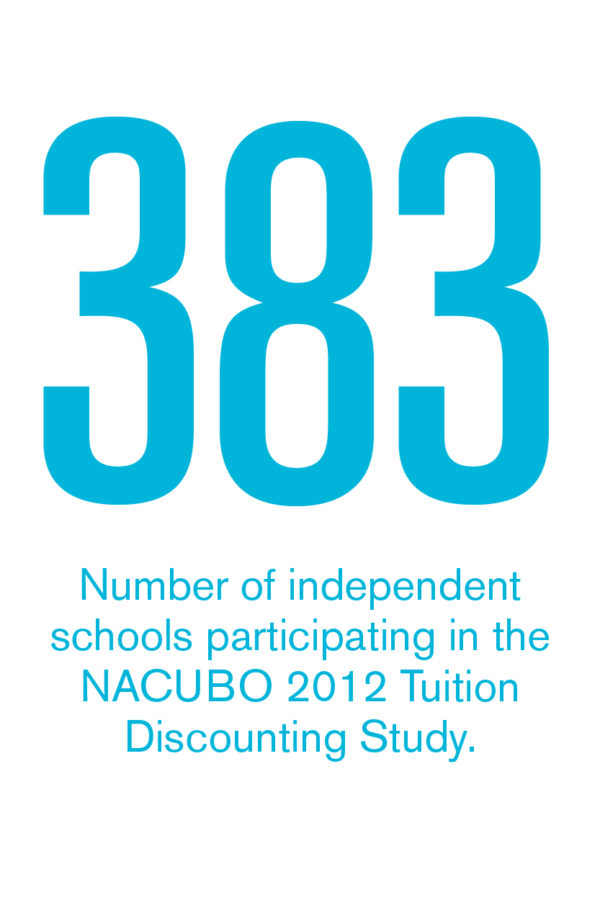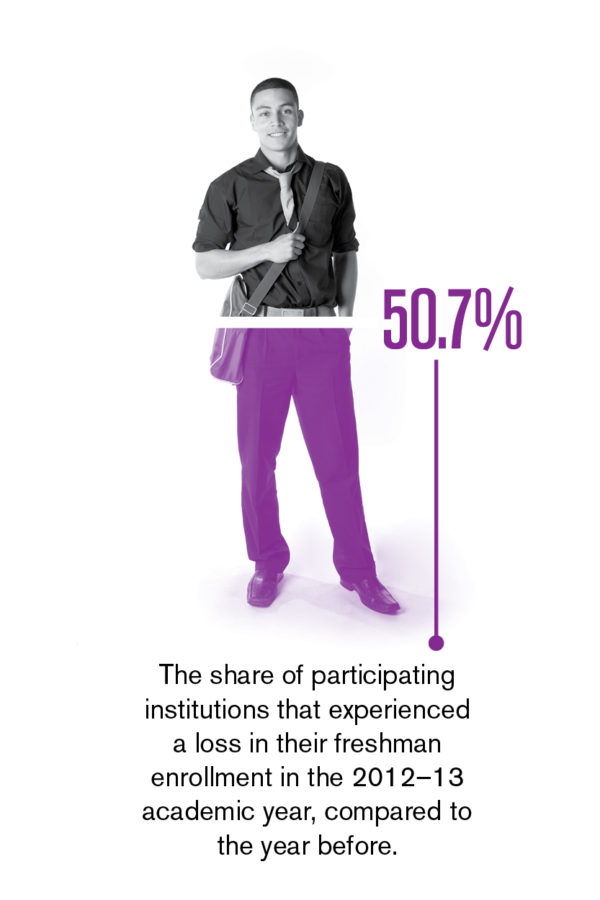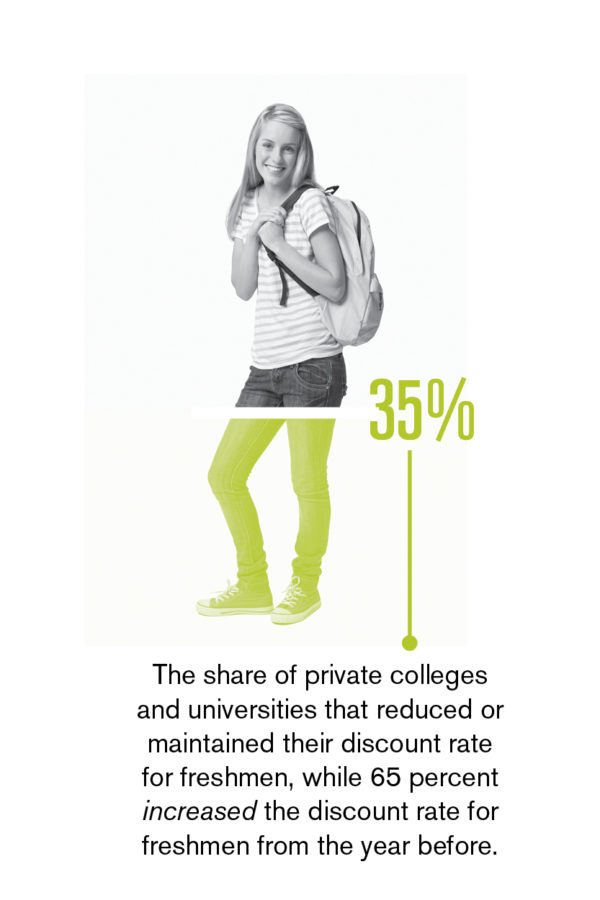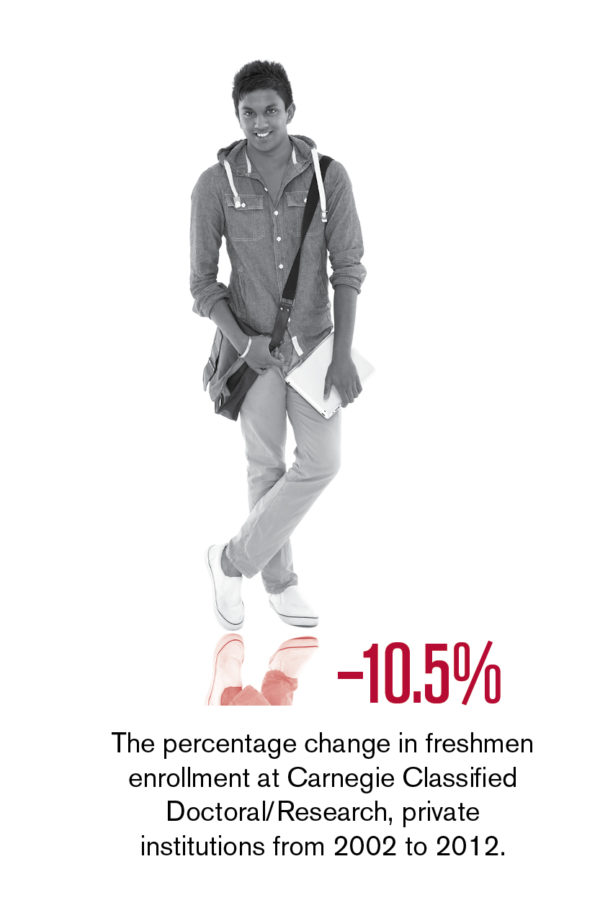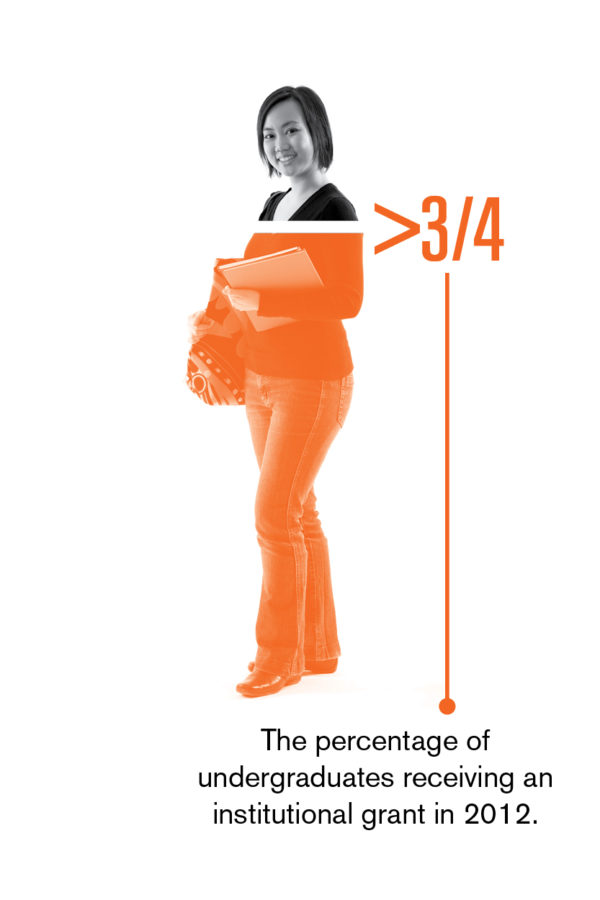During my career in higher education (as CBO and former auditor), I have seen, investigated, and read about many instances of poor decision making by colleagues, such as those receiving kickbacks, “cooking the books” for a better financial picture, or exchanging grades for relationships. These bad or unethical decisions can end careers and tarnish the institution’s reputation; the fallout can have lasting effects. Immunity against risky behaviors is not acquired by luck or fortune, but by efforts that are deliberate, protracted, and often distasteful or uncomfortable.
Ethical Behavior and the CBO
The chief business officer has an instrumental role in creating and supporting the ethical tone for higher education administrative practices. Establishing a culture that promotes disciplined decision-making practices results in more than the sum of optimal financial ratios and AAA bond ratings; the aggregate is an environment of ethical behavior that bolsters trust among colleagues and unconditional support of the institutional mission. Achieving such an enviable prize requires more than cursory discussions espousing the usual guidance: “Do the right thing,” “Set the tone,” “Make responsible decisions.” While these are virtuous sentiments, they are hopelessly inadequate to thwart bad decision-making practices.
Combating and preventing unethical behavior is possible. The essential components of an effective ethics policy
are (1) the establishment of disciplinary steps, including such elements as an ethics code, education, accountability, and communication; and (2) the CBO’s leadership in identifying a clear path—developed with collective agreement—that establishes one route, no detours, to converting the policy of ethical codes into functional ethics-driven practices.
A Disciplinary Model
The University System of Georgia (USG) Code of Ethics is a guide for all who are involved in the mission of service to students, including employees, volunteers, vendors and contractors, members of the governing boards, and employees of all cooperative organizations affiliated with the USG or one of its institutions. We use this policy quite effectively at Armstrong Atlantic State University (Armstrong), Savannah.
Explicit guidance. This code of conduct explicitly states 13 principles, many of which I refer to when explaining to individuals or groups “the way we do business.” One principle I often mention is avoiding or disclosing conflicts of interest. For a state institution or nonprofit, avoidance of any perceived conflict of interest
is paramount.
This is demonstrated in the following example. At one point in my career, a vendor was on campus offering select people a trip to a sporting event on a private jet—clearly a conflict of interest, as the activity would provide no educational or service value to the institution. Once I was alerted, I spoke with those invited and also with the vendor to remind them of the conflict of interest policy—and no one took the vendor up on the offer.
I’ve found the following six additional principles to be particularly useful and effective:
- Uphold the highest standards of intellectual honesty and integrity in the conduct of education, research, services, and grants.
- Comply with applicable laws, rules, regulations, and professional standards.
- Report wrongdoing to the proper authorities, refrain from retaliating against those who do report violations, and cooperate fully with authorized investigations.
This involves holding everyone accountable by requiring the reporting of wrongdoing and a method for such reporting. For example, at Armstrong we provide a hotline that can be reached via phone or the Internet to report suspected wrongdoing. An independent internal auditor follows up on each report. While many reports are not of an illegal nature, every now and then an unethical situation will be brought forward, with the assigned auditor filing a response that the tipster will be able to view, even if the report was completely anonymous. Closing the loop in this way is a very important step in supporting this principle.
- Disclose and avoid improper conflicts of interest. One method we’ve effectively used to manage this is to require individuals and board members to annually review and sign the university’s conflict of interest statement. Any statement that reports a conflict is forwarded to the board’s executive committee to determine if any action is warranted.
- Treat fellow employees, students, and the public with dignity and respect.
- Refrain from discriminating against, harassing, or threatening others.
Leadership actions. Ethical conduct is not achieved solely through a list of principles. The CBO’s leadership is required to keep knowledge of the ethical code from fading away over time. Here are some actions that can be effective:
- Provide annual review of and ongoing education on the code. To reinforce the commitment to principled behavior, the CBO must be ready to ask functional questions when faced with difficult, gray-area situations. Why is the issue unclear? Is it a policy issue? A moral issue? A legal issue?
It is prudent to perform an annual review of all ethical violations and reports and determine any adjustments or clarifications that need to be made to the ethics policy. The review can also indicate areas where additional campus education is warranted. An increase in reported cases, for example, might flag a need to provide a refresher to the campus community on the particular policy.
- Make high visibility an important part of the ethics road map. Posting visual cues in all areas of the institution serves as a statement to both internal and external connections: “This is the way we do business.” At Armstrong, we display posters on campus that announce the ethics and compliance hotline; faculty and staff members take an online ethics policy course for recertification; and our strategic plan contains value statements related to several of the ethics principles.
- Attach value to disciplined decisions and those who make them. The pressure to “succeed at any cost” is often cited as an impetus for bad decisions. Leaders must be conscious that their decisions communicate the values of the institution. When a CBO, a board, or a finance committee can provide generous support for individuals who present the truth—even when it may be unpopular or meet disagreement—the leadership is actually modeling the process of applying a disciplined approach to ethical behavior.
If your actions or those of another high-visibility individual at your institution result in a front-page headline, can you support the related decision using the essential characteristics of your institution’s established ethics policy: responsibility, ethics code and related education, accountability, and communication? Will you be able to explain the discipline-driven behavior that you used to arrive at the decision? If you can, it will be a telling litmus test of your established ethics policy.
RESOURCE LINK View the University of Georgia’s entire code of ethics.
SUBMITTED BY David Carson, vice president, business and finance, Armstrong Atlantic State University, Savannah





